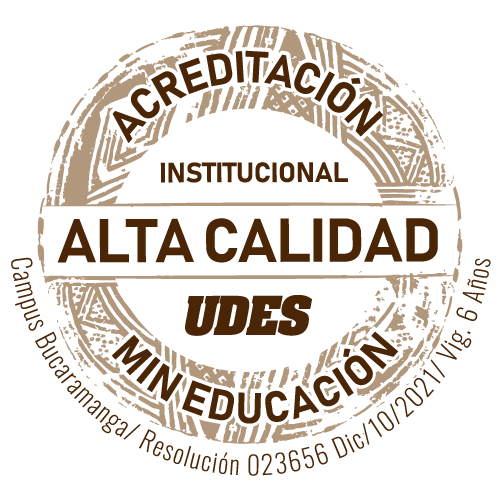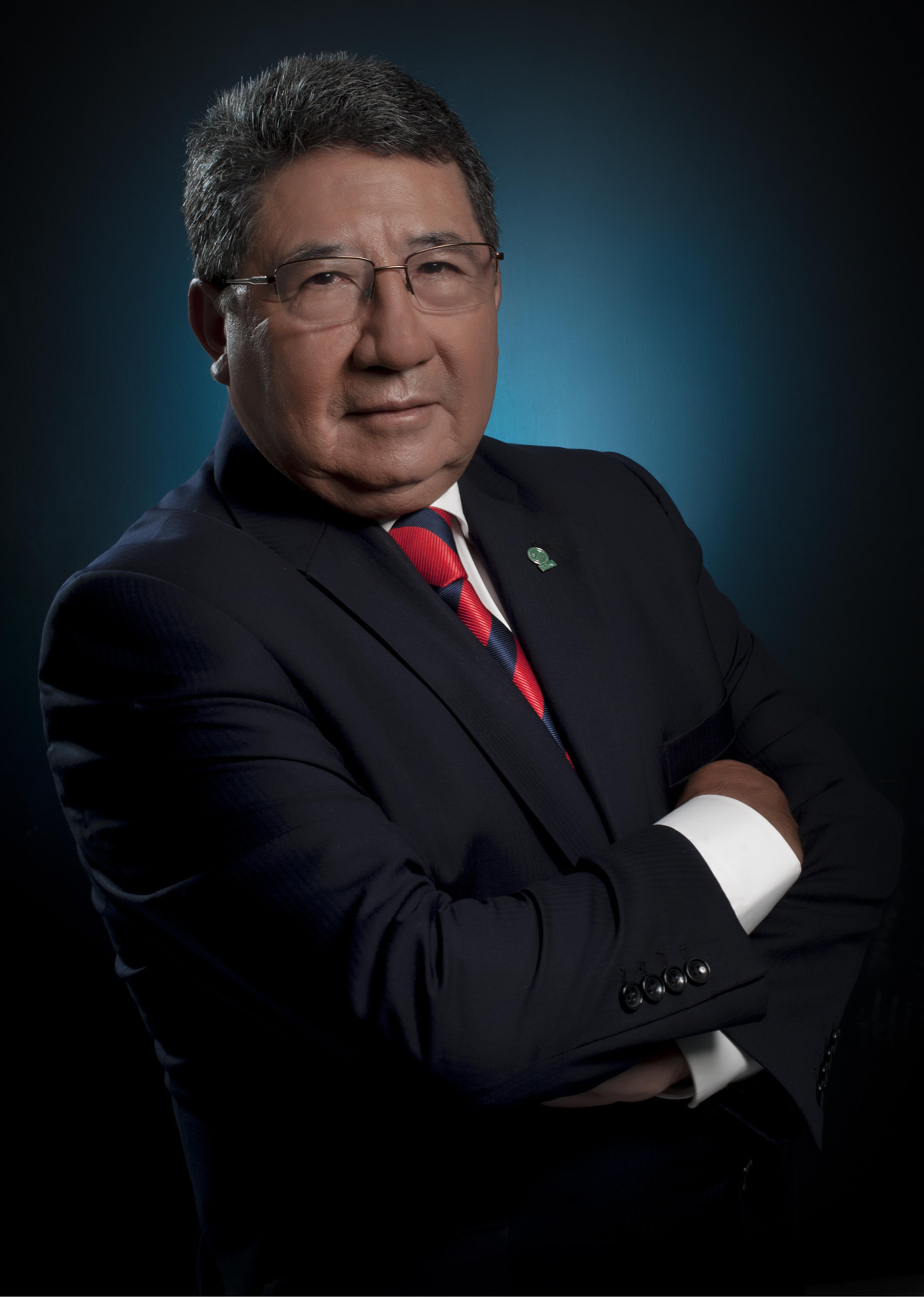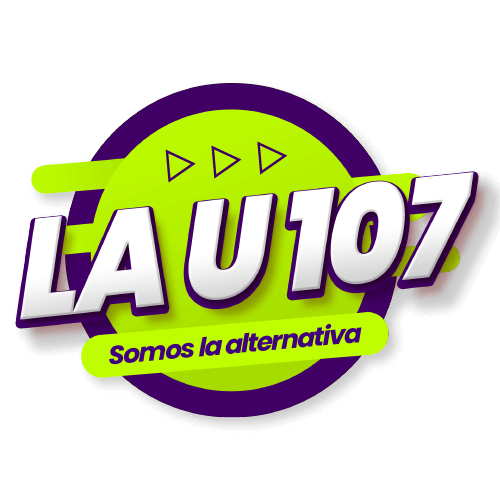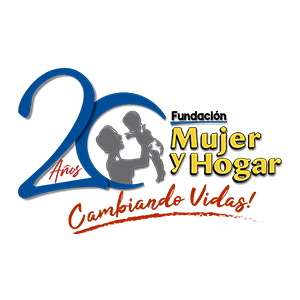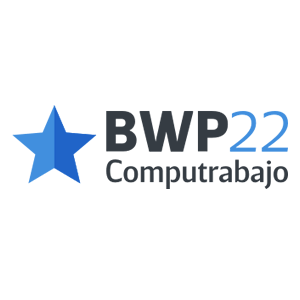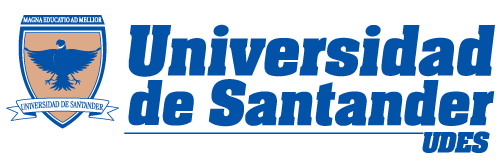LA UDES PUBLICA
- Fecha de publicación:
- 2021-12-01
- Tipo:
- Article
- Número de artículo:
- 3620
- Identificación:
- SCOPUS_ID:85100710383
- eID:
- 2-s2.0-85100710383
- Nombre de la revista:
- Scientific Reports
- Autor(es) UDES:
- Sánchez-Delgado J.C.
- Otros Autores:
- Facioli T.P., Philbois S.V., Gastaldi A.C., Almeida D.S., Maida K.D., Rodrigues J.A.L., Souza H.C.D.
- Autor Principal:
- Facioli T.P.
- Áreas del conocimiento:
- Multidisciplinary
Cuartil
Q1
- Ranking
- 4401
- Tipo
- Journal
- eISSN
- 20452322
- Región
- Western Europe
- País
- United Kingdom
- Volumen
- 11
- Cobertura
- 2011-2022
Bogotá
Cra. 14 N° 80-35
PBX: (+57) (601) 6914004
Línea Directa Interesados Programas: (601) 6914104
Horario de Atención: lunes a viernes de 7:00 a.m - 12:00 m. y de 2:00 p.m a 6:00 p.m
Pregrados
Universidad de Santander UDES. Vigilada Mineducación.
Resolución otorgada por el Ministerio de Educación Nacional: No. 6216 del 22 de diciembre de 2005 / Personería Jurídica 810 de 12/03/96.
Institución sujeta a inspección y vigilancia por el Ministerio de Educación Nacional. Resolución 12220 de 2016.
Notificaciones administrativas y judiciales:
Copyright © 2021 - Todos los derechos reservados




